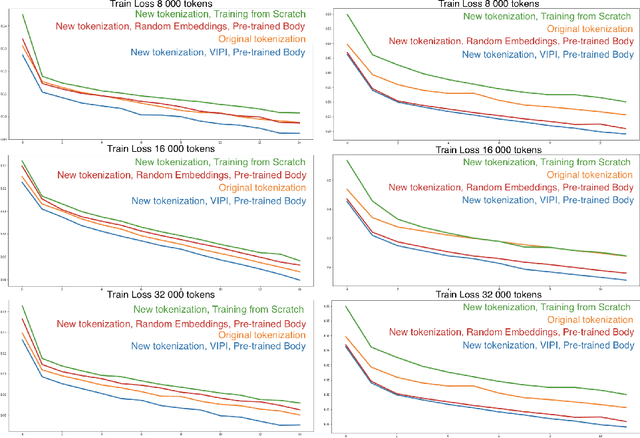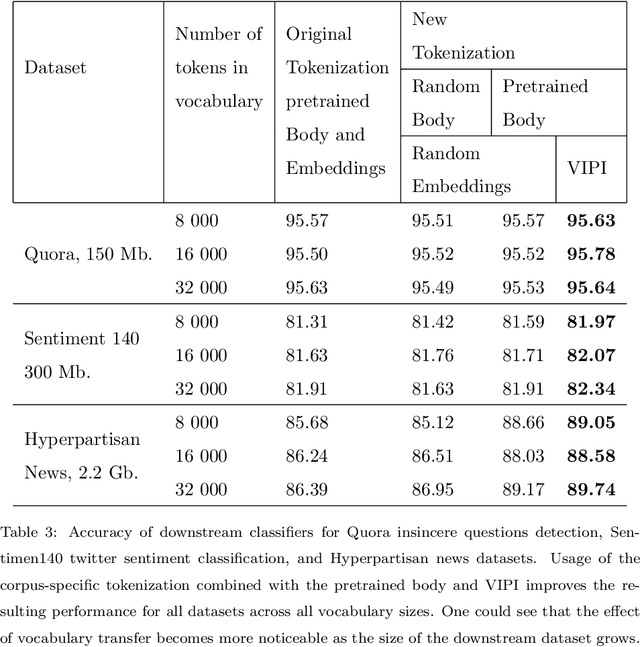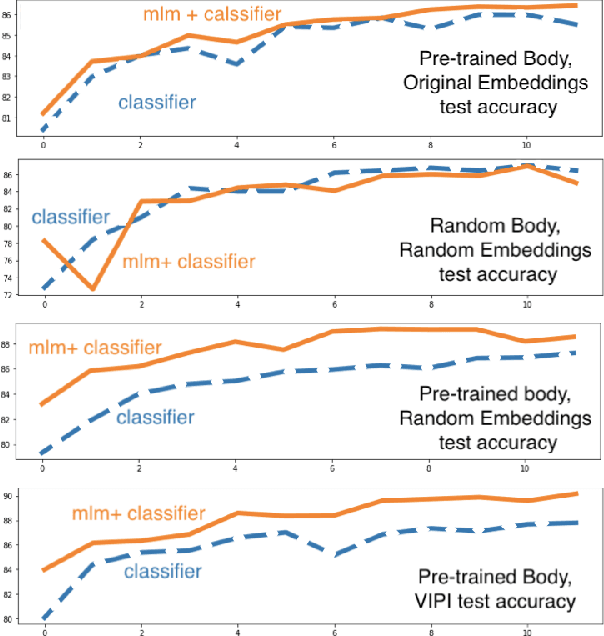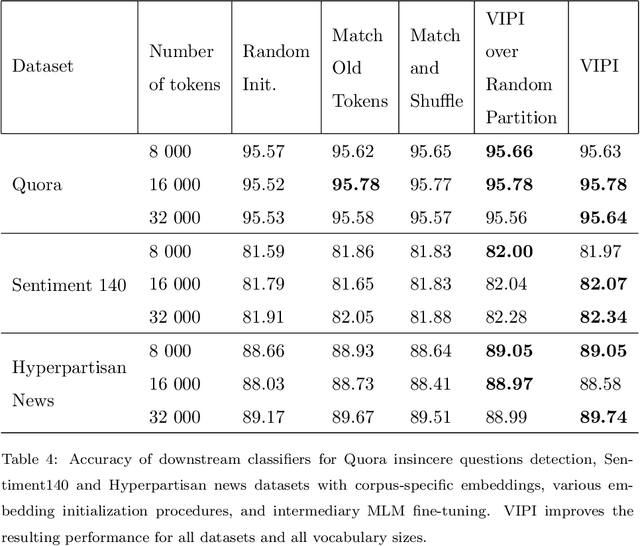Borislav Kozlovskii
AlphaEvolve: A coding agent for scientific and algorithmic discovery
Jun 16, 2025Abstract:In this white paper, we present AlphaEvolve, an evolutionary coding agent that substantially enhances capabilities of state-of-the-art LLMs on highly challenging tasks such as tackling open scientific problems or optimizing critical pieces of computational infrastructure. AlphaEvolve orchestrates an autonomous pipeline of LLMs, whose task is to improve an algorithm by making direct changes to the code. Using an evolutionary approach, continuously receiving feedback from one or more evaluators, AlphaEvolve iteratively improves the algorithm, potentially leading to new scientific and practical discoveries. We demonstrate the broad applicability of this approach by applying it to a number of important computational problems. When applied to optimizing critical components of large-scale computational stacks at Google, AlphaEvolve developed a more efficient scheduling algorithm for data centers, found a functionally equivalent simplification in the circuit design of hardware accelerators, and accelerated the training of the LLM underpinning AlphaEvolve itself. Furthermore, AlphaEvolve discovered novel, provably correct algorithms that surpass state-of-the-art solutions on a spectrum of problems in mathematics and computer science, significantly expanding the scope of prior automated discovery methods (Romera-Paredes et al., 2023). Notably, AlphaEvolve developed a search algorithm that found a procedure to multiply two $4 \times 4$ complex-valued matrices using $48$ scalar multiplications; offering the first improvement, after 56 years, over Strassen's algorithm in this setting. We believe AlphaEvolve and coding agents like it can have a significant impact in improving solutions of problems across many areas of science and computation.
Multilingual End to End Entity Linking
Jun 15, 2023



Abstract:Entity Linking is one of the most common Natural Language Processing tasks in practical applications, but so far efficient end-to-end solutions with multilingual coverage have been lacking, leading to complex model stacks. To fill this gap, we release and open source BELA, the first fully end-to-end multilingual entity linking model that efficiently detects and links entities in texts in any of 97 languages. We provide here a detailed description of the model and report BELA's performance on four entity linking datasets covering high- and low-resource languages.
Fine-Tuning Transformers: Vocabulary Transfer
Dec 29, 2021



Abstract:Transformers are responsible for the vast majority of recent advances in natural language processing. The majority of practical natural language processing applications of these models is typically enabled through transfer learning. This paper studies if corpus-specific tokenization used for fine-tuning improves the resulting performance of the model. Through a series of experiments, we demonstrate that such tokenization combined with the initialization and fine-tuning strategy for the vocabulary tokens speeds up the transfer and boosts the performance of the fine-tuned model. We call this aspect of transfer facilitation vocabulary transfer.
 Add to Chrome
Add to Chrome Add to Firefox
Add to Firefox Add to Edge
Add to Edge